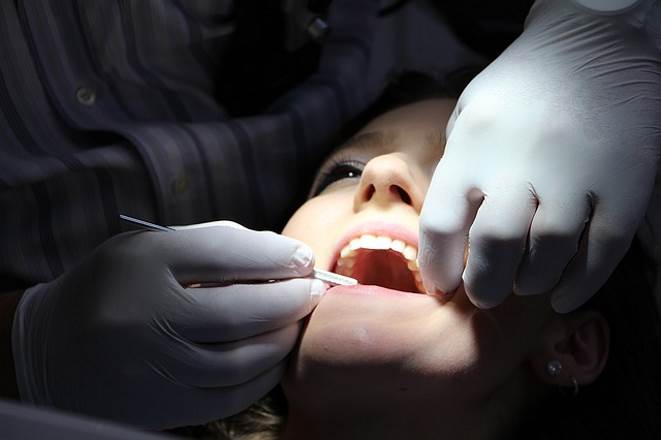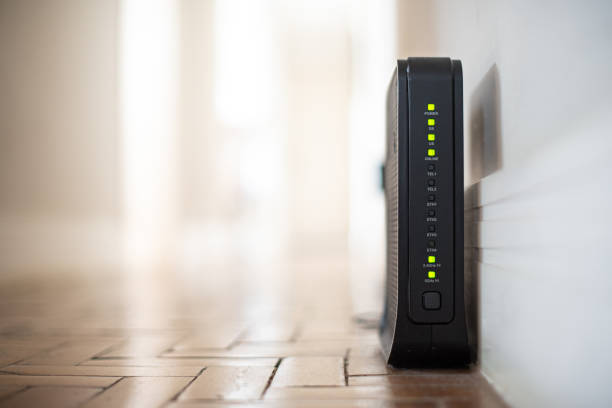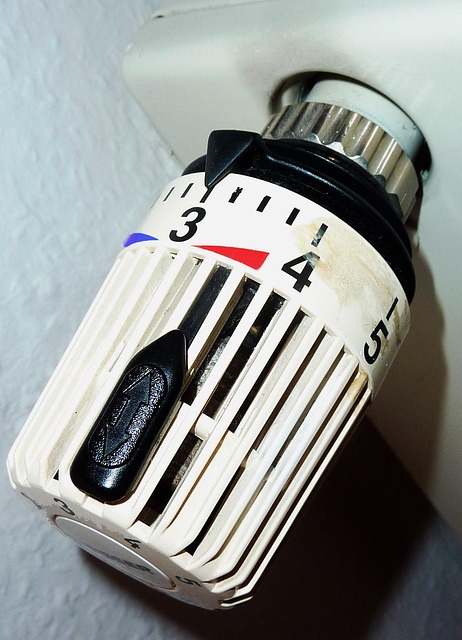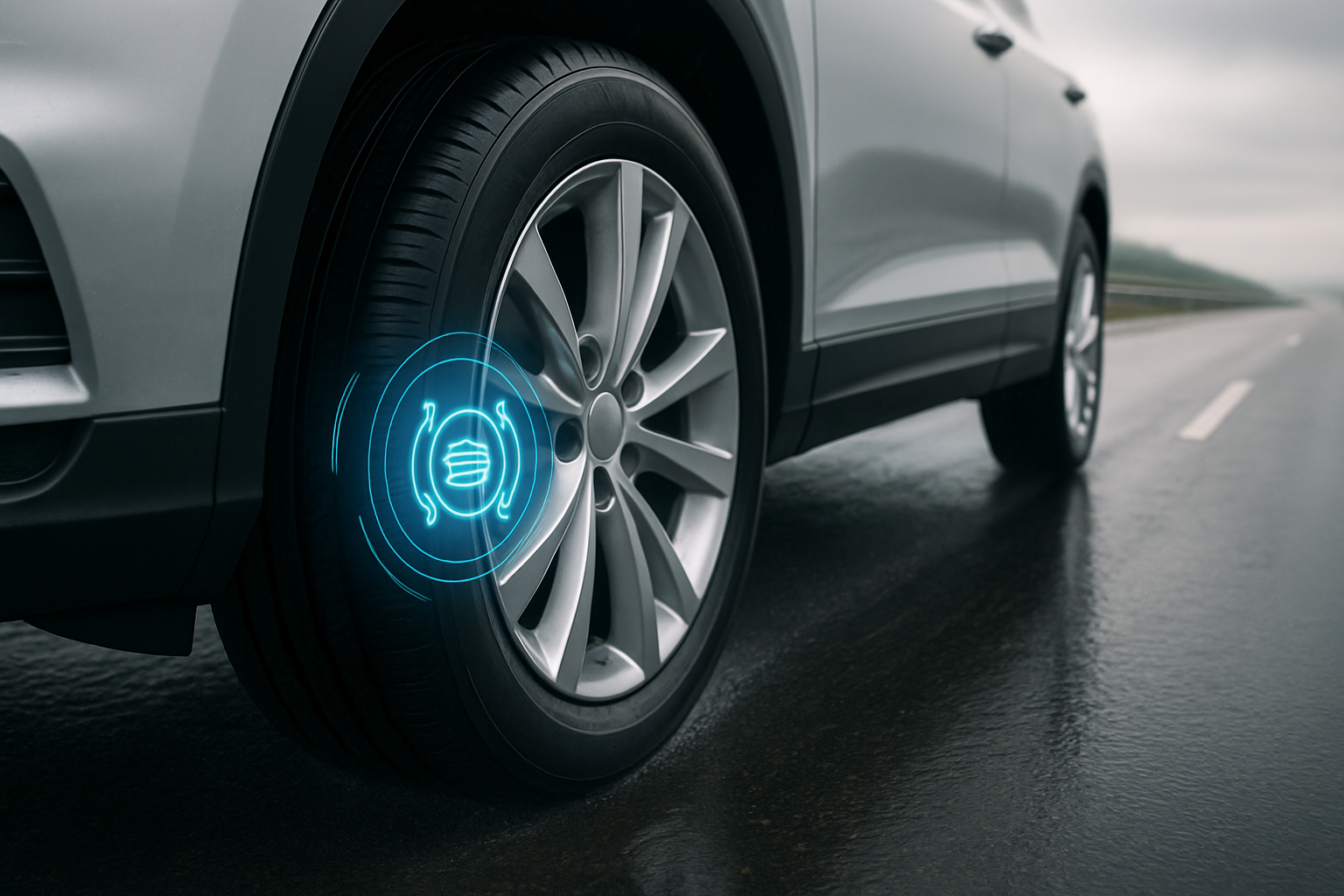Understanding the Costs of Screwless Dental Implants: What You Need to Know
Dental implants have revolutionized tooth replacement options, offering patients a permanent solution that looks, feels, and functions like natural teeth. Among the newer innovations in this field are screwless dental implants, which present an alternative to traditional screw-retained implant systems. For patients considering this option in the UK, understanding the associated costs, benefits, and how these systems work is essential for making an informed decision about their dental health investment.

How do screwless dental implants work?
Screwless dental implants utilize an innovative connection method that eliminates the need for screws to secure the prosthetic tooth to the implant. Instead, these systems typically employ a friction-fit or snap-in mechanism where the crown or bridge is secured to the implant using specialized abutments. The implant itself is still surgically placed into the jawbone, but the connection between the implant and the restoration differs significantly from traditional methods. This design creates a secure attachment through precision engineering rather than mechanical fasteners.
The implant post is first placed in the jawbone and allowed to integrate during a healing period of 3-6 months. Once osseointegration (bone fusion) occurs, the dentist will attach a specialized abutment to the implant. The crown or prosthetic tooth is then designed to connect to this abutment through the friction-fit or snap-in mechanism. This connection creates a seal that prevents bacteria from entering the implant-abutment interface, potentially reducing complications.
Screwless vs traditional dental implants
Traditional dental implants rely on screws to attach the crown to the implant post via an abutment. While effective, this design can present certain challenges. Small access holes in the crown are necessary to place the screws, which are then covered with composite material. Over time, this material may discolor or wear down, potentially requiring maintenance.
Screwless systems eliminate these access holes entirely, offering several potential advantages. The absence of screws reduces the risk of mechanical complications like screw loosening or fracture. Additionally, screwless designs often create a more aesthetically pleasing result since there are no access holes to fill, particularly important for front teeth. The seamless design also tends to distribute forces more evenly across the implant-prosthesis interface.
However, traditional screw-retained implants do offer benefits of their own, including easier retrievability for maintenance and repairs. They also have a longer track record of clinical success and are sometimes more appropriate for certain clinical situations, particularly when multiple implants support a full arch of teeth.
Cost of screwless implants in UK
The cost of screwless dental implants in the UK varies widely based on several factors, including the specific implant system used, the dentist’s expertise, clinic location, and whether additional procedures like bone grafting are required. Unlike traditional implants, screwless systems often incorporate proprietary technology and specialized components that can impact the overall price.
Single screwless dental implants in the UK typically range from £1,800 to £3,500 per tooth, which is generally slightly higher than traditional screw-retained implants. For full-arch restorations using multiple screwless implants, costs can range from £10,000 to £25,000 per arch. Private dental insurance rarely covers the full cost of implant procedures, though some plans may provide partial coverage.
The higher initial investment for screwless systems may be offset by potential long-term benefits, including reduced maintenance costs and fewer complications related to screw mechanics. However, patients should discuss their specific situation with their dentist to understand the true cost implications for their case.
Comparing screwless implant options in the UK
When considering screwless dental implant systems in the UK, patients have several options from reputable providers. Each system offers unique features and benefits that may influence both cost and suitability for individual cases.
| Implant System | Average Cost (Single Tooth) | Key Features | Provider Availability |
|---|---|---|---|
| Straumann® BLX | £2,200 - £3,200 | Roxolid® material, SLActive® surface technology | Widely available across the UK |
| Nobel Biocare NobelPerfect | £2,100 - £3,000 | TiUnite surface, conical connection | Major cities and specialist clinics |
| Ankylos® | £1,900 - £2,800 | Tissue-sparing connection, microthreaded neck | Select specialist implant centres |
| Astra Tech EV | £2,000 - £3,100 | OsseoSpeed surface, conical seal design | Most major dental implant practices |
| DIO Implant UV | £1,800 - £2,600 | UV-activated surface treatment, internal friction connection | Limited to specialized clinics |
Prices, rates, or cost estimates mentioned in this article are based on the latest available information but may change over time. Independent research is advised before making financial decisions.
Factors affecting the total cost
Beyond the base cost of the screwless implant system itself, several factors can significantly influence the total price patients will pay. Understanding these elements helps explain the wide price range observed across different clinics and cases.
Preliminary procedures often contribute substantially to the overall cost. Many patients require bone grafting or sinus lifts to create sufficient bone volume to support implants, adding £500-£2,500 to the total. Extractions of failing teeth may add £100-£300 per tooth. Diagnostic procedures, including 3D cone beam CT scans, typically cost £100-£300 but are essential for proper implant planning.
The expertise and reputation of the dental surgeon also impact pricing. Specialists with advanced qualifications in implantology or prosthodontics typically charge higher fees than general dentists. Geographic location plays a role too, with London and other major cities commanding premium prices compared to smaller towns or rural areas.
Long-term value considerations
When evaluating the cost of screwless dental implants, considering their long-term value is crucial. While the initial investment may be higher than alternative tooth replacement options like bridges or dentures, implants offer unique benefits that may provide better value over time.
Properly maintained dental implants can last decades or even a lifetime, whereas traditional bridges typically require replacement every 7-15 years. Screwless implants specifically may reduce maintenance costs associated with screw-related complications. They also help preserve jawbone integrity, potentially preventing the need for bone augmentation procedures later.
The psychological and quality-of-life benefits should not be overlooked when considering value. Screwless implants provide stability and functionality similar to natural teeth, allowing patients to eat, speak, and smile with confidence. For many patients, these benefits justify the higher upfront cost compared to removable options like partial dentures.
This article is for informational purposes only and should not be considered medical advice. Please consult a qualified healthcare professional for personalized guidance and treatment.




